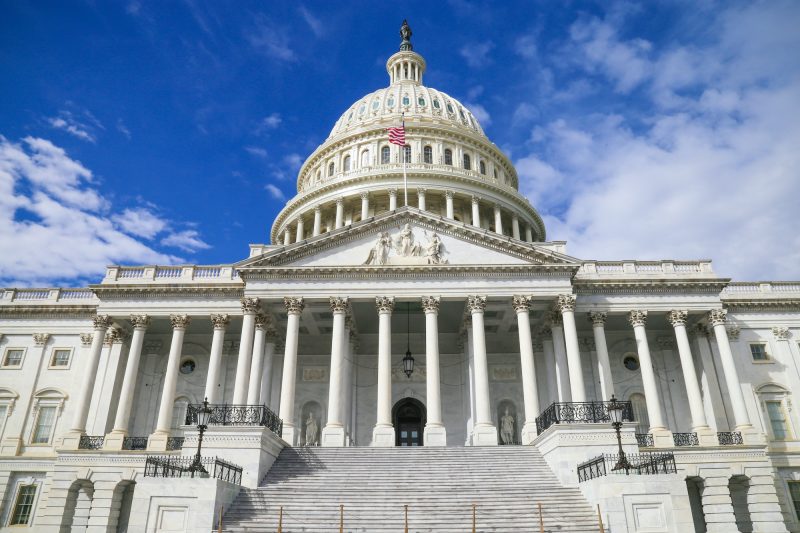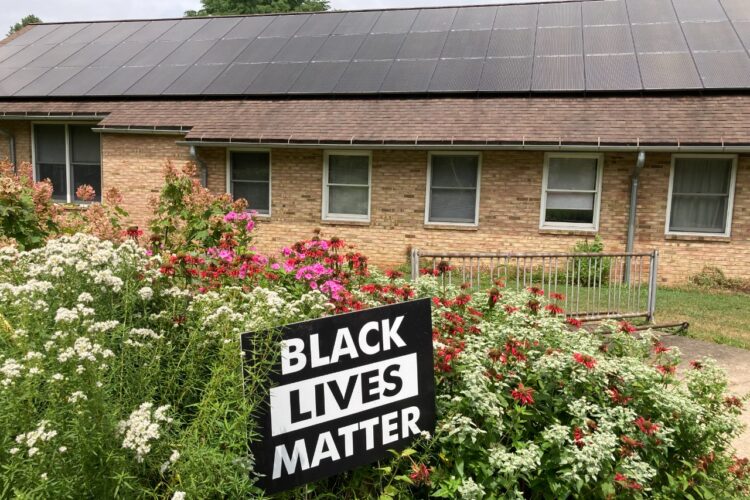Connected Crisis: COVID-19 and Climate Change

By Alicia Cannon.
WE ARE LIVING IN A TIME of concurrent global crises. There is the COVID-19 pandemic at the forefront of our minds. It is forcing us to stay home, constantly wash our hands, and wonder when this time of uncertainty will end. Despite this immediate threat, there is still the persistently looming climate crisis. While its presence may be less obvious, it continues to affect communities across the world.
These global crises are interconnected in many ways. Moreover, there are lessons to be learned from COVID-19 that can be translated to the climate crisis. First, COVID-19 serves as a reminder that a danger to anyone in the world can be a danger to everyone. When we ignore the severity of global issues because they have not affected the United States yet, they can come to overwhelm the inadequate systems we have in place. The climate crisis is one of those dangers.
For example, the Trump administration made light of the dangers of COVID-19 when it had not yet overtly affected the lives of Americans. President Trump went so far as to call it “a hoax.” Downplaying the pandemic delayed the country’s response, resulting in thousands of deaths, and a society riddled with anxiety and fear.
Climate deniers use the same tactic to undermine the science behind the climate crisis. Climate-exacerbated events can be explained away as one-off occurrences or 1,000-year events. But if we continue to ignore the signs of a worsening climate, these climate impacts will continue to ravage our nation and our world. In both crises, we must “unite behind the science” and treat each issue with the gravity it deserves.
Second, the populations that suffer the most from climate change, are disproportionately affected by COVID-19. We know, for instance, that polluting industries are more likely to operate in areas populated by low-income communities and communities of color. Thus, people of color are disproportionately subjected to air pollution, increasing their risk of cardiovascular and respiratory disease. And we know that underlying conditions like these decrease the body’s ability to fight COVID-19. Yet tragically, vulnerable communities are frequently situated in medically underserved areas. When we lobby for equitable and just climate policies, it trickles down into every aspect of our lives. As Congress engages with the COVID-19 pandemic, we must ensure that these short-term solutions align with our long-term goals of addressing climate change.
Third, we should not place these crises in competition with each other. Global crises transcend partisanship and political opportunity. Congress cannot sacrifice the environment for the sake of productivity, efficiency, or economic gain when crafting stimulus packages. As Congress engages with the COVID-19 pandemic, we must ensure that these short-term solutions align with our long-term goals of addressing climate change.
There is one key lesson to be learned from COVID-19: When Congress views an issue as a genuine threat, it will respond in record time. In March, Congress passed three stimulus bills to help stave off the worst economic consequences of COVID-19. We now know that Congress can advance solutions to a global crisis, but it should not take stay-at-home orders and overwhelmed hospitals to convince Congress to act. We cannot wait for the climate crisis to kill thousands from air pollution or displace millions because of climate-exacerbated events.
We need immediate congressional action in order to avoid the worst consequences of climate change. With four bipartisan bills in Congress, carbon pricing is one of many essential tools Congress can apply as a first step to address climate change and shift toward a clean energy economy. Urge your member of Congress to pass an equitable and just carbon price before we reach catastrophic consequences, not after.

